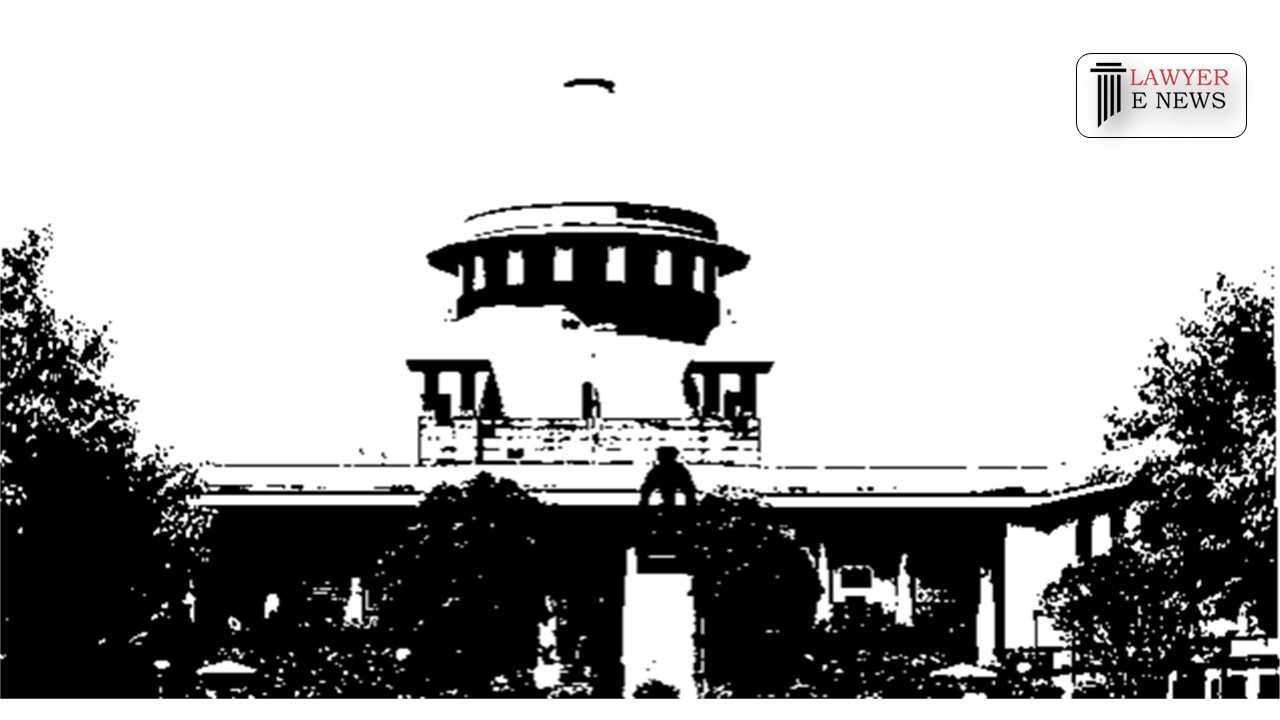-
by Admin
15 February 2026 5:01 PM



In the judgment delivered by the Supreme Court of India on April 8, 2024, the Court addressed the pivotal issue of condonation of delay, emphasizing the impermissibility of gross negligence and lack of due diligence in the context of legal procedures.
The appeal pertained to a land dispute involving the appellant, K.B. Lal, challenging the orders of the High Court and lower courts, which dismissed his application under Order IX, Rule 7 of the CPC. The application sought to recall an order proceeding ex-parte against him due to an 11-year delay in filing and a subsequent 6-year gap in taking action. The key issue was whether such a significant delay could be condoned under the provisions of the Limitation Act.
Doctrine of Liberal Construction: The Court recognized that the term ‘sufficient cause’ should be liberally interpreted to promote justice. However, this does not extend to cases of gross negligence or lack of due diligence (Esha Bhattacharjee v. Managing Committee of Raghunathpur Nafar Academy & Ors.).
Judicious Exercise of Discretion: The Court observed that discretion in condoning delay must not favor parties demonstrating gross negligence or inadequate reasons for delay (Majji Sannemma @ Sanyasirao v. Reddy Sridevi & Ors.).
Role of Vigilance and Bona Fides: The necessity for litigants to demonstrate bona fides and vigilance in legal proceedings was underscored, with the Court cautioning against accepting fanciful or concocted explanations for delay.
Analysis of the Appellant's Conduct: The Court noted contradictions in the appellant's explanations and lack of immediate action even after becoming aware of the ex-parte order. This was seen as indicative of gross negligence.
Decision: The Supreme Court found no satisfactory explanation for the appellant's 14-year delay. The Court upheld the decisions of the lower courts, emphasizing the importance of due diligence and timely action in legal proceedings. Consequently, the appeal was dismissed.
Date of Decision: April 08, 2024
K.B. Lal vs. Gyanendra Pratap & Ors.
